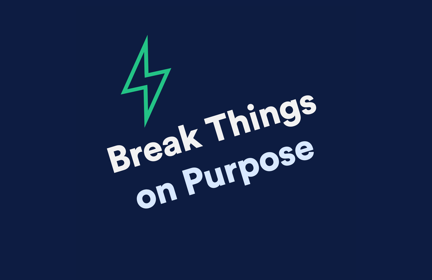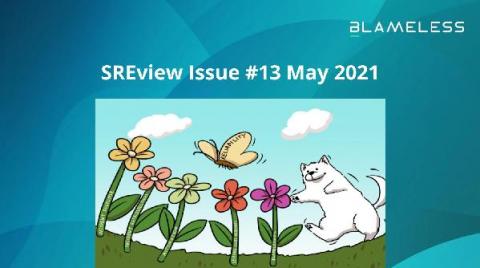Operations | Monitoring | ITSM | DevOps | Cloud
Latest News
Integrating a Cloudsmith repository with a Semaphore CI workflow
At Cloudsmith, we believe that packaging should be at the centre of any modern build and deployment process. In fact, we think that Continuous Packaging is the glue that ties Continuous Integration and Continuous Deployment or Delivery together. So with that in mind, in this blog, we will take a walk through how easy it is to integrate Cloudsmith with a Semaphore CI workflow and push the artifacts and packages that you build to a private repository. TL:DR – It’s super easy.
What's new in security for Ubuntu 21.04?
Ubuntu 21.04 is the latest release of Ubuntu and comes at the mid-point between the most recent Long Term Supported (LTS) release of Ubuntu 20.04 LTS and the forthcoming 22.04 LTS release due in April 2022. This provides a good opportunity to take stock of some of the latest security features delivered in this release, on the road to 22.04 LTS. Ubuntu 21.04 brings with it a vast amount of improvements and features across a wide variety of packages.
Monitor AWS App Runner with Datadog
Knowing how to deploy and run applications has become a key part of modern app development, meaning that developers need expertise in a number of areas beyond their core application code. Whether it’s container orchestration, networking, scaling, or load balancing, there is a steep learning curve to being able to deploy and run an application at scale.
5 factors for evaluating an RMM tool for the modern MSP
Managed service providers (MSPs) are becoming increasingly important in the IT management industry. The role of an MSP does not just stop with monitoring, managing, and maintaining the IT services of their clients; it extends to keeping a close watch on everyday IT developments and proactively securing clients’ IT networks against cyberthreats. To balance all these responsibilities, MSPs need comprehensive IT management and monitoring solutions that can cater to all their needs.
Podcast: Break Things on Purpose | Jose Nino, Staff Software Engineer at Lyft
Get started with Gremlin's Chaos Engineering tools to safely, securely, and simply inject failure into your systems to find weaknesses before they cause customer-facing issues. Break Things on Purpose is a podcast for all-things Chaos Engineering. Check out our latest episode below. You can subscribe to Break Things on Purpose wherever you get your podcasts. If you have feedback about the show, find us on Twitter at @BTOPpod or shoot us a note at podcast@gremlin.com!
SREview Issue #13 May 2021
Enhanced Kubernetes right-sizing features for fine-tuned application efficiency
Spot by NetApp’s Ocean continuously optimizes Kubernetes clusters with a wide feature set tackling different aspects of running and managing Kubernetes containers in a cloud environment. To help users improve the efficiency and performance of their cloud environments, Ocean’s rightsizing capabilities provide recommendations that target over-provisioning and underutilization.
Continuous deployment for Azure functions
Serverless computing, a model in which the provider manages the server, lets developers focus on writing dedicated pieces of application logic. Serverless computing has been adopted by many development teams because it auto-scales. Auto-scaling relieves developers of allocation management tasks, so they do not need to worry about the allocation of server resources or being charged for resources they are not consuming.
Alternatives to Using GitHub in 2021
Today’s world is a connected one. The technologies we have allow us to connect with people half a world away. Companies can work with people from different locations. Cloud technologies, for example, are helping people collaborate from afar.











